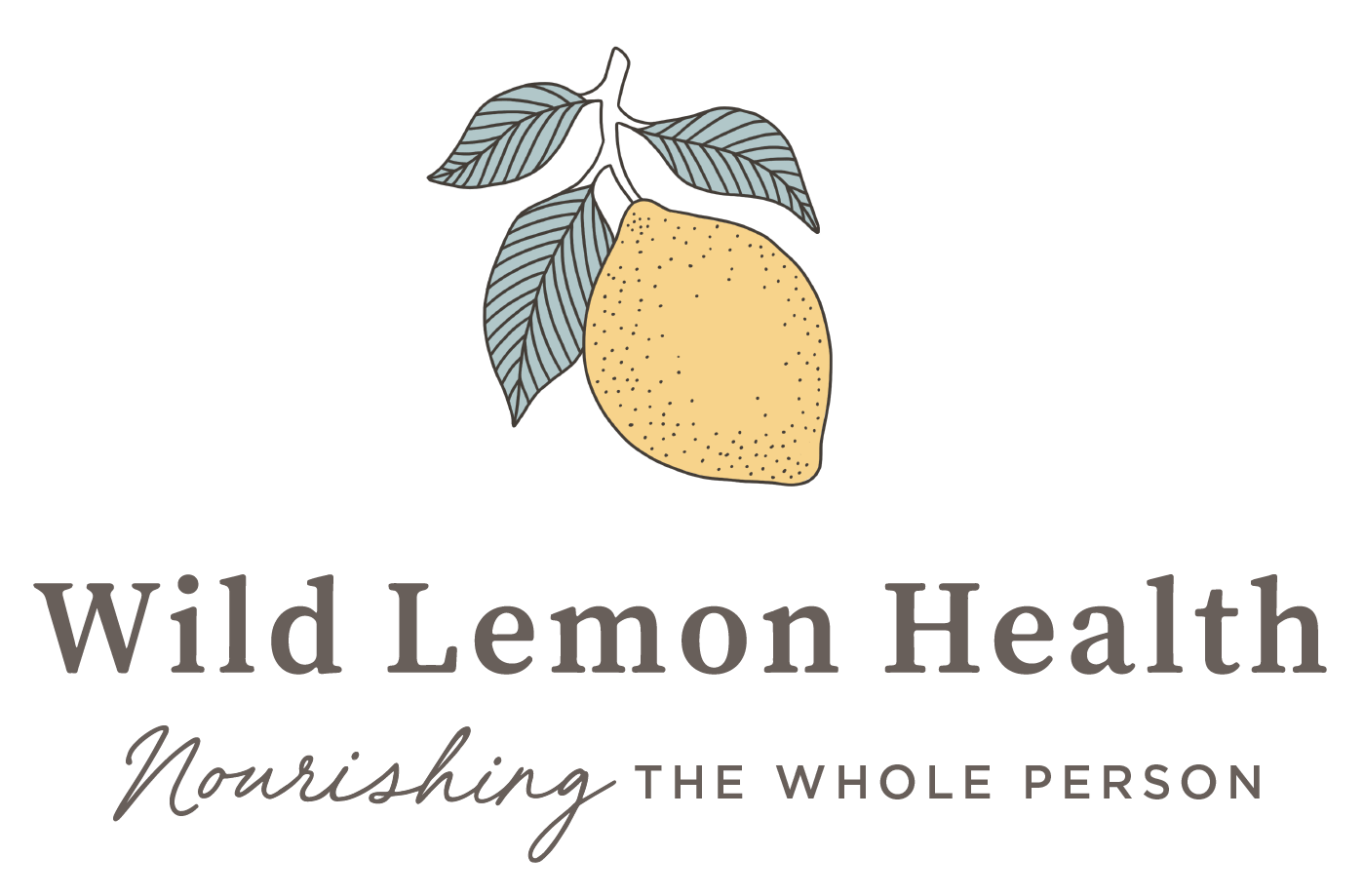The part of your diet you might be ignoring
A couple of weeks ago I spoke about the principles to keep in mind when caring for your health in terms of diet. Those principles: focusing on lots of veggies, berries, healthy fats, adequate protein still hold true. However, in conversations this week I’m realizing there may be an aspect of diet that’s easy to overlook: your media diet.
How are you handling the news and media? And how do we balance staying informed without driving more fear and worry? And does the media even have an effect on our mental and physical health?
I want to briefly review what the research shows and use that as a guide for suggestions of how to have a healthy media diet.
The Health Psychology Journal recently published a paper stating:
“that repeated media exposure to community crisis can lead to increased anxiety, heightened stress responses that can lead to downstream effects on health, and misplaced health-protective and help-seeking behaviors that can overburden healthcare facilities.”
Equally critical is the longer term health repercussions of this acute stress. We know from previous traumatic events like 9/11 that
“increased hours of TV exposure in the days after 9/11 were associated with increased posttraumatic stress and new-onset physical health ailments 2 to 3 years later.”
None of this is meant to scare you. I underline it more to bring awareness to consumption beyond just food. Nourishing our bodies with healthy food is important, but our media diet is just as important. Based on these findings, what we're consuming mentally is linked not only to our state of being now but our health in the future.
Furthermore, the mind and body is an interconnected system and this is a difficult time, so tools to meet it and manage it as best we can are crucial.
These are my suggestions for a healthier media diet:
Limit exposure: there seems to be a time factor to the negative effects of excess media exposure. Find the limit that works for you. 30 minutes daily. Once daily. Be mindful of the addictive quality of more news and the media rabbit holes. More news is not better in this case.
Turn to primary sources: media needs viewers. Yes, on the best day they’re working to inform, create awareness and inspire, but they depend on viewership. Consider opting for more authoritative sources like the CDC or WHO or Johns Hopkins.
Use social media responsibly: because graphic images are more controlled on social media, it can actually be less jarring to get news from sources like Instagram. However, social media is not immune to hearsay, opinion and sensationalism. Do you need to unfollow certain accounts and focus on those that are uplifting, reputable or connect you to loved ones or offer inspiration?
Share uplifting stories: sharing what’s working can help foster hope and inspiration. It can also help create a sense of connectivity and solidarity. Two things we’re going to need for our societal health and personal wellbeing. On that note, have you seen the Metropolitan Opera is offering free streaming? Or this Italian tenor serenades people from his balcony? (And apparently I’m all about the opera 🤣).
Do you need to swap out an ingredient? Much like I'd recommend swapping out refined oils for extra virgin olive oil because of the greater nutrient content. Does your media diet need a swap for a healthier and more nourishing activity? Is this a time that would be more wisely spent on streaming a movement class or watching a funny YouTube skit or having a dance party?
And if you want some practical advice on how to care for yourself at home in case you do get sick, check out this trusted source.
My warmest,
Dr. Antonella
ps: want some deep rest? I’m continuing to offer yoga nidra Thursday mornings at 9 AM PST. Please join here.


